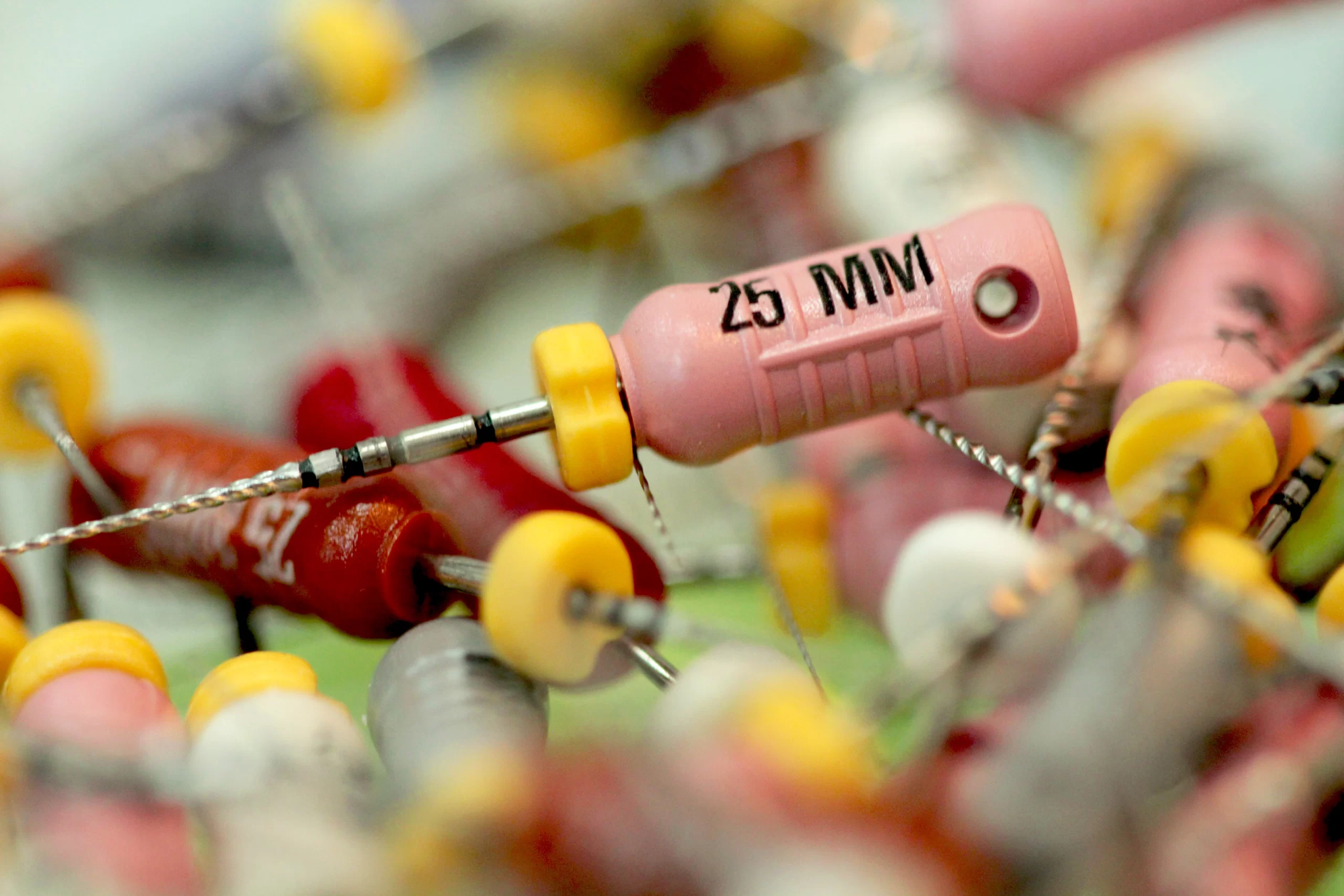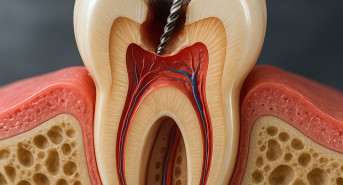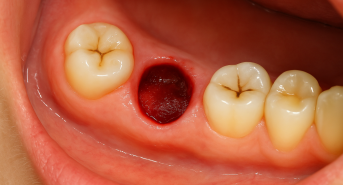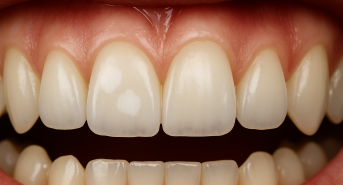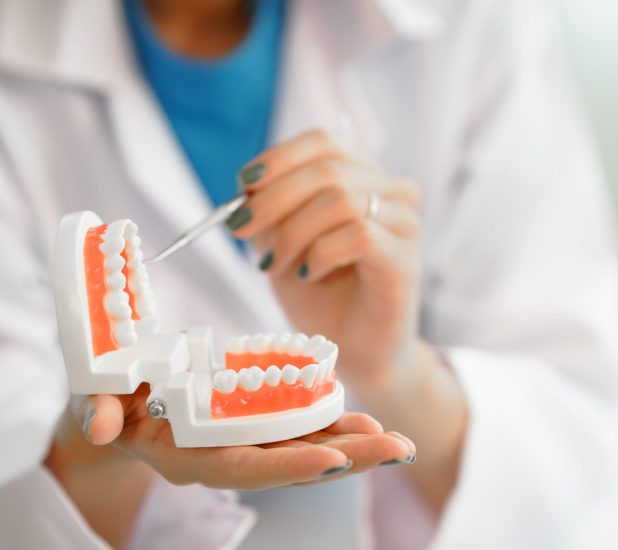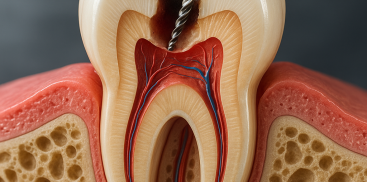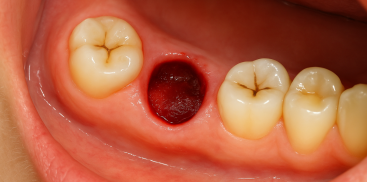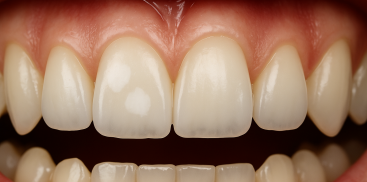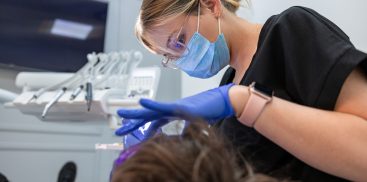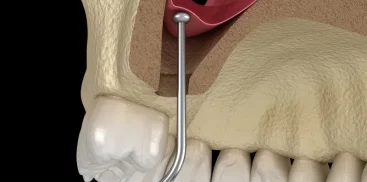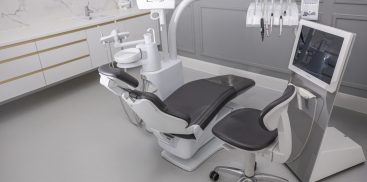What is Root Canal Treatment, and How Does It Work?
Root canal treatment, also known as endodontics, is a crucial dental procedure that saves teeth affected by decay or trauma. This comprehensive guide on Root Canal Treatment, explains the treatment process as practiced in Warsaw Dental Center and its benefits for long-term oral health.
What Is Root Canal Treatment?
Root canal treatment involves removing infected or damaged pulp from inside the tooth. The pulp, containing nerves and blood vessels, is often referred to as the “heart of the tooth.” When decay or injury reaches the pulp, its removal is essential to prevent infection and inflammation of the surrounding tissues.
In such cases, the inflamed pulp must be removed, and the root canals cleaned and filled with gutta-percha. Properly performed root canal treatment allows the tooth to be preserved, maintaining its function and appearance for many years.
Root Canal Treatment Process at Warsaw Dental Center
All root canal treatments at Warsaw Dental Center are carried out using a dental dam and a dental microscope for precision and patient safety. Here’s what the process looks like:
1. Diagnostics
An X-ray or CBCT scan is taken before the procedure to assess the condition of the tooth and surrounding tissues. CBCT provides a 3D image, allowing for precise treatment planning.
2. Tooth Preparation
The dentist removes decay, rebuilds any missing walls with composite material, and creates access to the pulp chamber. The procedure is done under local anesthesia and a dental dam for complete patient comfort.
3. Canal Cleaning and Shaping
The infected pulp is removed, and the root canals are cleaned using manual and rotary instruments. Antiseptic solutions are used to eliminate bacteria. The dentist uses an endometer to measure canal length accurately.
4. Canal Filling
The cleaned canals are filled with gutta-percha, a biocompatible material that ensures a tight seal. Warsaw Dental Center uses state-of-the-art equipment to heat the gutta-percha, allowing it to fill even the smallest areas of the canals.
5. Post-Filling Check
A post-treatment X-ray ensures that the filling has reached the full length of the canals and is properly sealed.
6. Tooth Restoration
Depending on the extent of damage, the tooth may be restored with a composite filling, a crown-root post, or a prosthetic crown.
Advanced Technologies in Root Canal Treatment
Modern endodontics at Warsaw Dental Center uses the latest tools:
- Leica Digital Microscope for enhanced precision.
- Endometers for accurate canal length measurement.
- Rotary File System for safe cleaning of even the most curved and narrow canals.
- 3D digital imaging (CBCT) for precise diagnostics.
Why Choose Warsaw Dental Center for Root Canal Treatment?
Choosing root canal treatment at Warsaw Dental Center ensures the preservation of natural teeth, which is more beneficial than extraction and prosthetic replacement. Our modern technology, combined with the expertise of Dr. Urszula Leończak, guarantees successful treatment.
Root Canal Treatment Prices in Warsaw for 2025
| Treatment Type | Price (PLN) |
|---|---|
| Primary Root Canal (Incisor) | 1,400 |
| Primary Root Canal (Canine) | 1,500 |
| Primary Root Canal (Premolar) | 1,700 |
| Primary Root Canal (Molar) | 1,950 |
| Retreatment (Incisor) | 1,600 |
| Retreatment (Canine) | 1,700 |
| Retreatment (Premolar) | 1,900 |
| Retreatment (Molar) | 2,150 |
| Broken Tool Removal | 650 |
| Perforation Repair | 500 |
Indications for Root Canal Treatment
Root canal treatment is recommended in cases of:
- Deep decay
- Pulp inflammation
- Pulp necrosis
- Periapical tissue infection
- Tooth trauma
- Preparation for prosthetic treatment
Summary
Root canal treatment in Warsaw is an effective and highly successful way to save teeth. With advanced technology and experienced specialists at Warsaw Dental Center, patients can expect durable results and long-term oral health.
If you need reliable root canal treatment, contact Warsaw Dental Center and benefit from expert care provided by Dr. Urszula Leończak, a highly experienced endodontist trained at Harvard University and the University of Catalonia in Barcelona.
